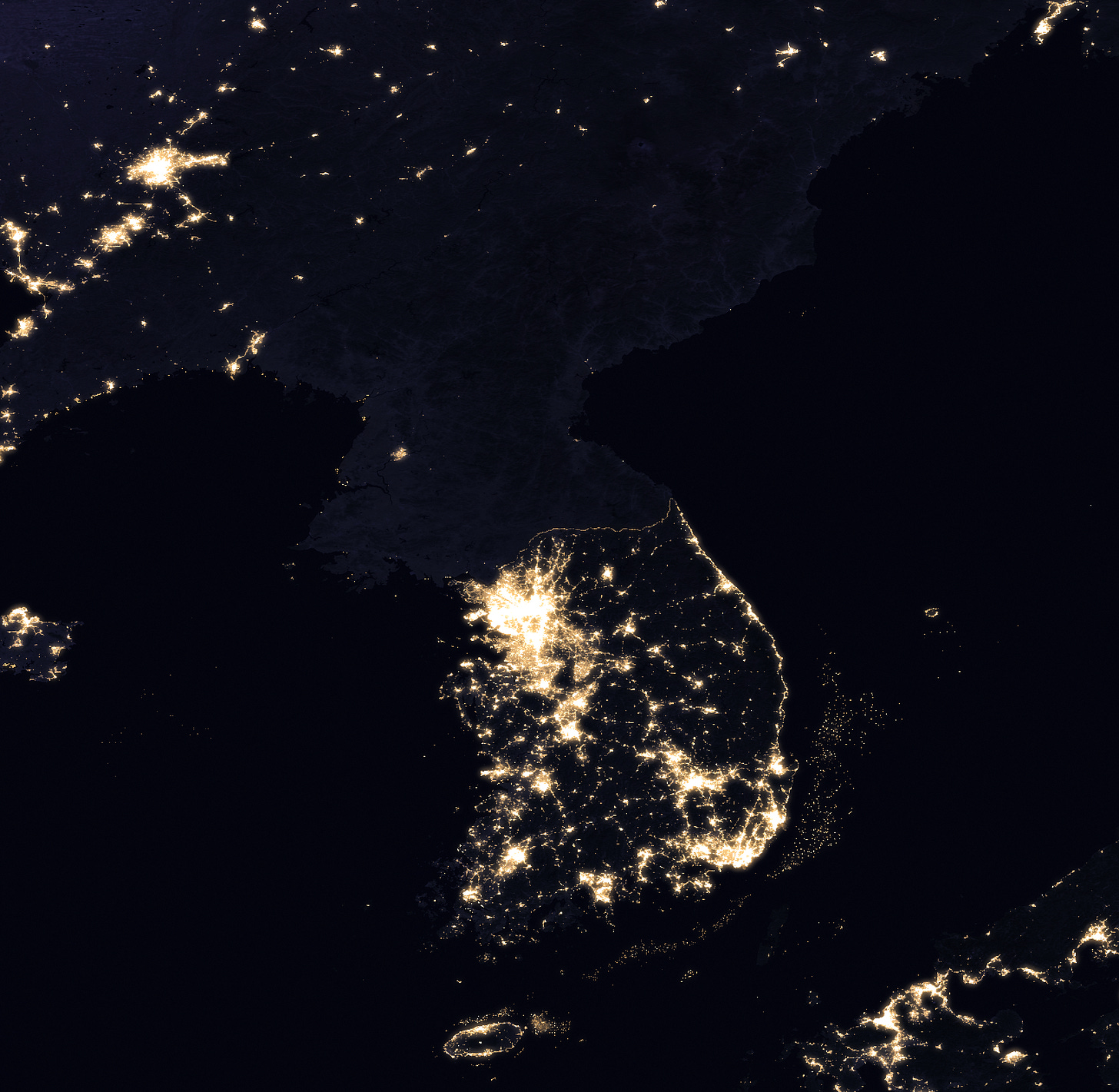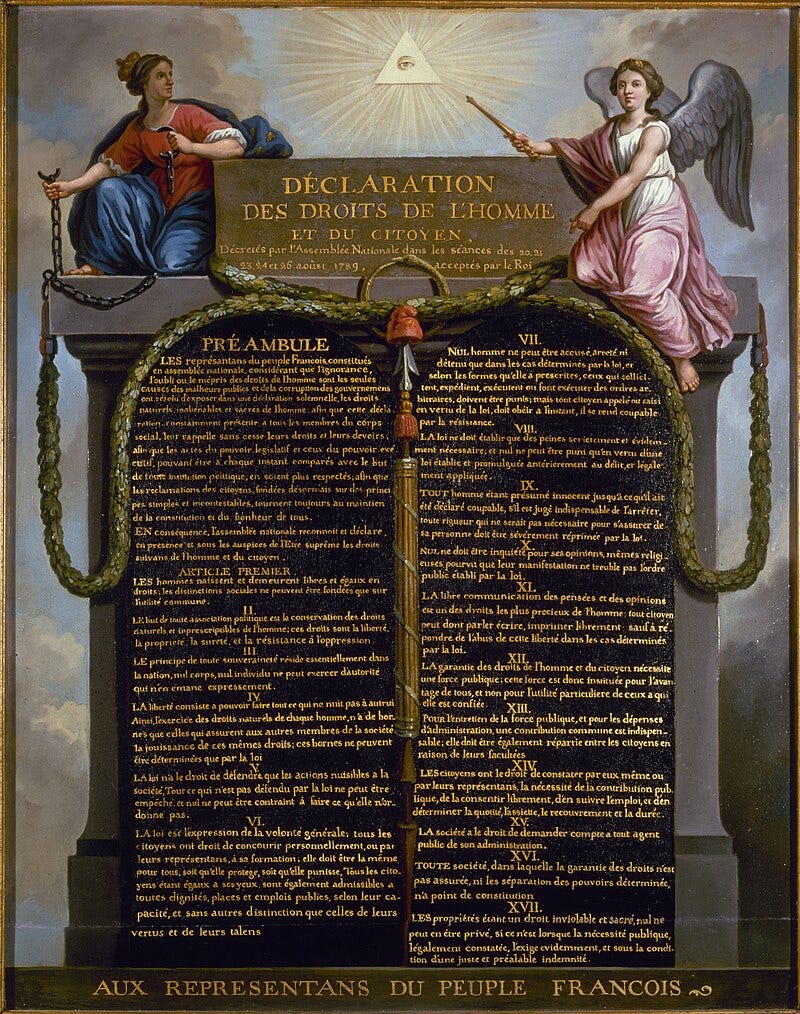Stabilities
Societies are a product of spacetime. They are localized in space and extended across time. At least this was the story for the last 5 millennia. Surely it was the case even before the Egyptians but we have no good trace of such ancient civilizations. Gobekli Tepe might be the tip of an iceberg that has melt along the passing of time. New information technologies are changing that and we have to adapt. Political ideologies often get stuck in the present. Maybe it is an appeal of communism that it is an historical philosophy. In that it has something that capitalism can't offer. Modern ideas like localism have completely forgotten this perspective. So we are left in position were the propositions treating the issue are stupid, or the issue is ignored. This is not good.
Open borders, closed history
The discussion on border is a messy one. It is very polarizing and leads to caricatures in less than 30 seconds of discussion. It was also a major issue of the last US presidential election cycle. Yet almost no one talks about the historical component of societies. Actually it is not true. It is discussed but not directly. It generally surfaces as "historical guilt" or something like that. Do you remember project 1619? It is the equivalent of the open border ideology on the historical side. Observe how it is the inverse of what happens on the border. In the open border ideology the idea is that you have to welcome *anyone* from *anywhere* without asking questions. On the historical dimension you focus on particular part of history that you should be ashamed off. Actually in both cases, it is your ability to discriminate and form a judgment that is taken away from you.
Stability
It takes time to build things. Building is much harder and time consuming than destroying, or queering as they would say, things. In order to be able to do things stability is required. You can't do neural surgery on a shaking operation table right? Of course you don't want too much stability because extreme stability is only reached in death.
Modern travel technologies, planes, have transformed the political landscape on the geographical dimension. The migrant crises that occur all over the world are its offsprings. My thesis is that modern information technologies are impacting "history" —say the ability to form a consensus on what our civilization is— in the same way. The political discussion has almost only focussed on the migrant crises and mostly forgotten about the historical/memory crisis.
It has to change.
On the plasticity of the past
They say you can't see borders from space, nor changed the past. I disagree on both statements. The famous Korean peninsula by night picture is clear with relation to the former.
What about the latter? Surely you can't change what already happened right? The AI powered social media be like "hold my beer". A very powerful, and recent, example of this is the use of the "very fine people on both sides" hoax during the last election campaign. This has been explained like 6 years ago and videos are available at the tip of your fingers to check what was actually said in context. Yet it was used again and again by former president Obama and current VP Harris. They know it was a misrepresentation, they know that you know, they even know that you know that they know. This could be dismissed with a slight of hand as political Kabuki theater. I fear that it goes deeper than that. It shows that political class has integrated the fact thatcitizens live in the present. The attention span has reduced even at the discourse level. You thought that having ideas presented to you as tweets wouldn’t also have an effect on our historical perceptions? Think again.
The news cycles of social media act as a time barrier that is very hard to break. Gobalists want you to be able to travel without borders... on the geographic realm. On the time realm it is quite the opposite that is true. It is like moving between continents from a hotel room towards another hotel room: you enter into a bubble, the taxi, the plane, then another taxi to end up in a similar room (because you have the membership card). It is almost like you haven't moved at all. Social media cycles allow you to travel around time in a similar way.
You end up with this paradoxical state of affairs: it is possible to bend history and have a biased representation of it, while it is impossible to discuss it at the same time. Another large example of this was the Churchill controversy ignited by
: just try to question the narrative for one second and see for yourself how it unfolds.Citizens and Netizens
Our political institutions and ideas date back from a written culture. In “citizen” you have the root “city”. Our basic block of political legitimacy, the citizen, is linked to a place. A city. As it was hard to move around, and very hard to rewrite history, because it was carved in stone, the concept of citizen did not include very strong limitations. We inherited the concept of citizenship from ancient greece. It doesn’t work as it was supposed to. The presuppositition that society was stable is no longer valid. To make things clearer I will use the word netizenship to talk about this upgrade of citizenship.
It is time to have this discussion. One of my first proposal, actually more a line of thinking than concrete propostion, is to make a link between time investment and netizenship. Somehting like: you can travel around and even work around as freely as you like, but in order to exert political decisions you have to invest in the real world. It means that you can’t become instantly netizen after some paperwork. The point is to reach stability across generations. You can become netizen only if you have physical property that you don’t sell, and your descendance isn’t going to sell. It doesn’t mean you can’t buy/sell but that you would lose netizenship if you sell. I haven’t yet figure out how it can be implemented. But it has deep implications: for instance the legislative power shall not be able to mess with this. It requires to rethink constitutions with time and legacy in mind. Being a netizen of the world is a oxymoron. The fact that our era started with the declaration of the “rights of the man and the citizen” should change. We shall separate man from citizen. The flesh from the political. Human rights and civic rights are two different, but related, concepts. This is a starting point.





I like the imaginativeness here and the ability to switch around ideas.
Yes, rights and civic rights are being conflated today. They were separated in the past. Only men or male landowners could vote. Visitors were respected but politically, only observers.
Yarvin says this is the proper attitude for an activist today. Accept your actual powerlessness. Quietly and without threat, organize something good and joyful. We share his atttitude, though not his goal of monarchy.
In the individualist distributed state, we solve the problem of civic rights by healing from the trauma-induced pathology of collective decision-making. This eliminates voting and other civic rights and duties.
Stability comes from the restored being of each person, not social mechanisms. External, mechanical power is weak. It is artificial. We aim at the real thing: the power to live.
Overview of Individualist Government:
dub.sh/hdro for
"La Belle Verte" by Coline Serreau is a beautiful projection of the quality of sane society and many of its features, even its strategy.
dub.sh/labv
How about different voting rights? I don't think every single vote should be equal, lets not delude ourselves - some people contribute more to the society than others. So their vote should bear more weight in elections/decision, especially local ones. Example:
Lets suppose that a person/citizen can have a maximum 1000 votes (voting rights). It has to be a maximum, but not that much in order to swing the whole vote in his favour. They are not his right by birth/virtue. You turn 18 - you receive 10 of 1000. You pay your taxes / some threshold - you get another 100-200. Have a property in the area? Another 200. Have an investments in this area - another 200. Children - here you go another 100 per children. Is there a way to make a fair threshold/rules for the voting rights - yes I think so. What better example skin in the game than owning local business / shop/service/. Which of course is different than owning franchises (trading rights, patents etc). It is a clear distinction and we can see it. Child bearing? Sure a huge wight. Being on some kind social program - sorry you have just 10 votes. It should be a fluid system, you can have a maximum and a minimum in different stages on you life.
You left your country, but still have a property and pay taxes - here you go 10+ 100 VR.
You want to run for a politician/representative - how many voting rights do you have? 100? No way - it means that you are bad citizen of the community, you don't qualify - do some better job contributing first.
I am writing this because in my country the vote is easily bought. People don't care about it, there are some minorities who are glad to receive free money, and they don't contribute to the society at all. They vote for people who give them money for voting, and of course in return offers them free services - health care, food stamps etc. It is a loss-loss game - Privatized profits --- socialize losses type of games. It is bad for the majority, as a country.
I don't say all people in this minorities are like that, no. Some of them are good citizens, real exemplars.
We people are different, it is okay. But we are not equal in any sense - equality means stagnation and death for a specie, as you well know. Diversity is the key. But we are also bad ad handling constant change and uncertainty.... which means nothing will change anytime soon.